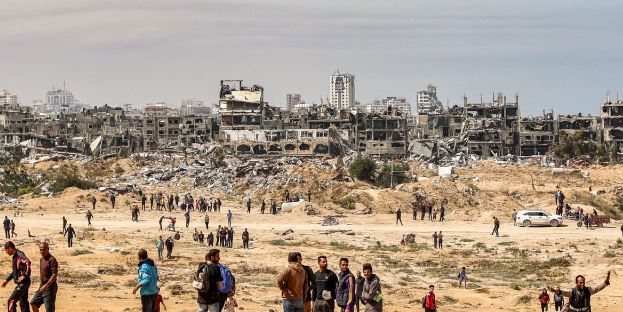EU Announces Additional €68 Million in Aid to Support Palestinian Communities

In a recent development, the European Union has committed an additional €68 million in humanitarian assistance to help Palestinian communities facing severe hardships. This new funding aims to address the urgent needs of Palestinians in both the West Bank and Gaza Strip, areas that have been significantly impacted by ongoing conflicts and economic instability.
The EU’s increased financial support is part of its continuing efforts to provide relief and stability in one of the most turbulent regions in the Middle East. The funds are designated for critical services such as healthcare, food security, and access to clean water, which are essential for the daily survival of the affected populations.
Janez Lenarčič, the European Commissioner for Crisis Management, emphasized the EU’s commitment to the Palestinian people. “This aid is a testament to our ongoing solidarity with the Palestinian communities suffering from prolonged conflict,” Lenarčič stated. He further highlighted that the aid would be distributed in cooperation with various non-governmental organizations and United Nations agencies, ensuring that the assistance reaches those in dire need efficiently and transparently.
The allocation of funds also includes support for education and mental health services, acknowledging the profound impact of the conflict on the psychological well-being of children and adults alike. Educational programs are particularly focused on mitigating the disruption to children’s schooling, a frequent casualty of the ongoing strife.
As the European Union continues to play a pivotal role in humanitarian efforts in the region, this additional funding is seen as crucial in supporting the resilience and recovery of Palestinian communities striving for stability and peace.
With this latest pledge, the EU reaffirms its stance not only as a financial donor but as a key diplomatic player in fostering long-term solutions in the Middle East. The international community watches closely, hoping that sustained humanitarian aid will eventually pave the way for a more permanent resolution to the conflicts that have long plagued the region.





